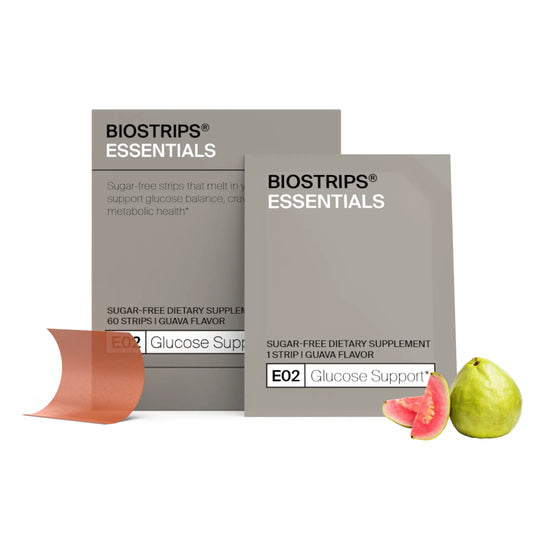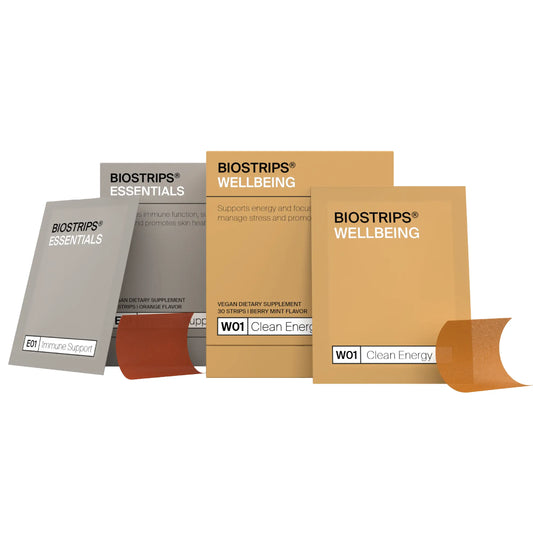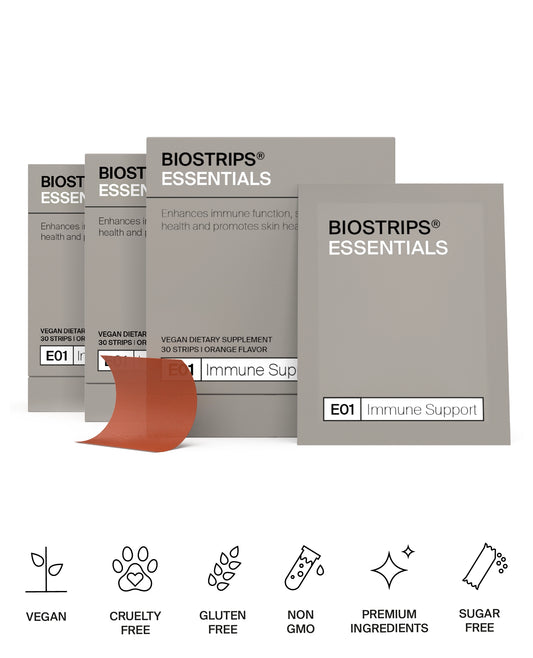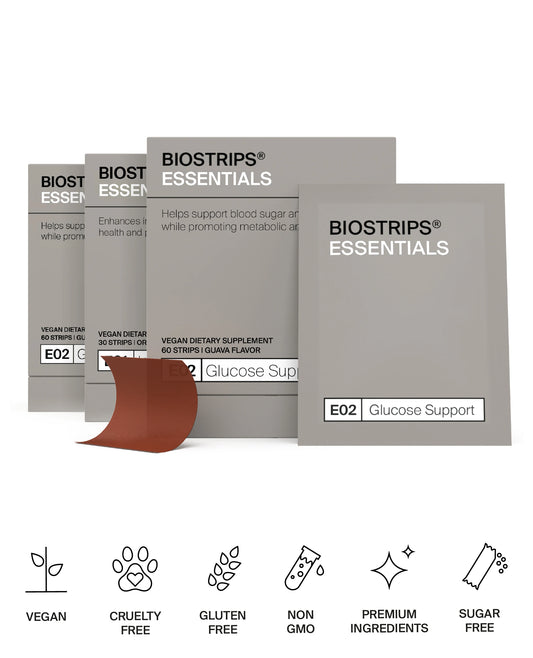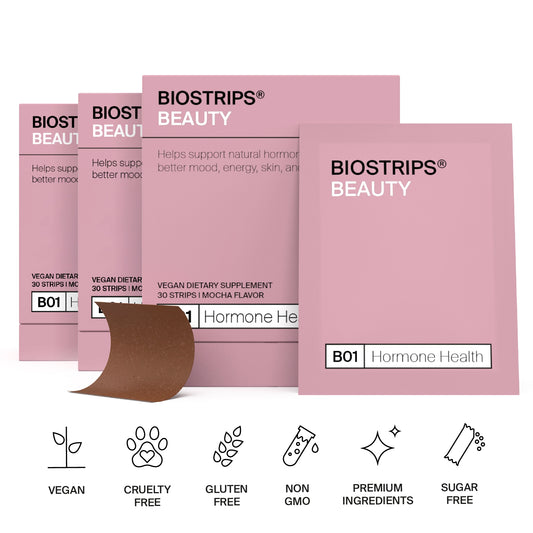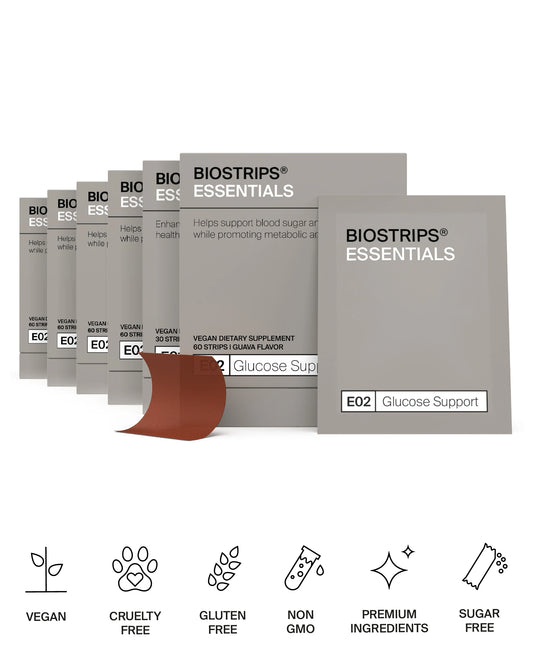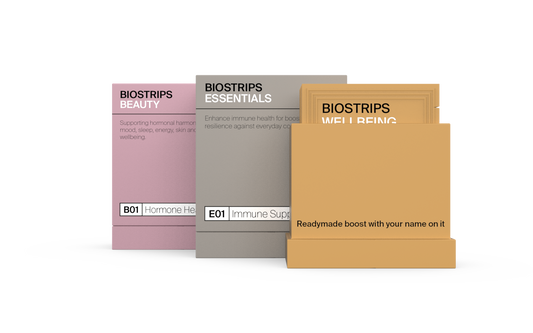Key Takeaways
- Ingestible Skincare Defined: Ingestible skincare refers to supplements like pills, powders, and drinks that claim to improve skin health from the inside out.
- What to Watch Out For: Consumers should be cautious of exaggerated claims and lack of transparency regarding ingredient efficacy. Not all products are backed by scientific research.
- Potential Benefits: Some ingestible skincare products contain vitamins, minerals, and antioxidants that can support skin health when combined with a balanced diet and healthy lifestyle.
- Drawbacks: These products are not a replacement for topical skincare or healthy habits and may not deliver the promised results for everyone.
- Final Verdict: While some ingestible skincare products can complement a healthy lifestyle, relying solely on them for skin health may lead to disappointment. Prioritizing overall well-being is crucial for truly radiant skin.
Introduction
In recent years, the beauty industry has seen a surge in the popularity of ingestible skincare products—supplements that claim to enhance skin health from within. These products, ranging from capsules and powders to beverages, promise everything from clearer skin and reduced wrinkles to a radiant complexion. But with the market flooded with such offerings, a question lingers: Is ingestible skincare a scam? In this blog, we’ll explore what ingestible skincare is, what to watch out for, the potential benefits and drawbacks, and why a holistic approach to health is the key to achieving beautiful skin.
What is Ingestible Skincare?
Ingestible skincare refers to products designed to improve skin health through consumption rather than topical application. These products typically contain ingredients like vitamins, minerals, antioxidants, collagen, and other compounds believed to support skin structure and function. The idea is that by nourishing the skin from the inside, you can achieve better and more long-lasting results than by using creams and serums alone.
What to Watch Out For
As with any trend, it’s essential to approach ingestible skincare with a critical eye. Here are a few red flags to watch out for:
- Exaggerated Claims: Be wary of products that promise instant results or claim to completely reverse aging. The FDA regulates dietary supplements, but they do not require them to undergo the same rigorous testing as pharmaceuticals. This means that some products may make claims that are not fully substantiated by research.
- Lack of Transparency: Trustworthy brands should provide clear information about their ingredients, sourcing, and the science behind their products. If a brand is vague about what’s inside their supplement or doesn’t back up their claims with evidence, it’s a sign to be cautious.
- Proprietary Blends: Some products list “proprietary blends” on their labels, which means the exact amounts of each ingredient are not disclosed. This lack of transparency can make it difficult to know if you’re getting an effective dose of the key ingredients.
Potential Benefits
While skepticism is warranted, it’s also important to recognize that ingestible skincare can offer real benefits—especially when used as part of a broader approach to health and wellness:
- Nutritional Support: Supplements that contain essential vitamins and minerals like Vitamin C, Vitamin E, and zinc can support overall skin health. These nutrients play crucial roles in collagen production, skin repair, and protection against oxidative stress.
- Antioxidant Protection: Many ingestible skincare products are rich in antioxidants like polyphenols, which can help protect the skin from damage caused by free radicals, a major contributor to aging.
- Collagen Production: Some supplements contain collagen or ingredients that promote the body’s own collagen production, which can help maintain skin elasticity and reduce the appearance of fine lines.
Drawbacks
Despite the potential benefits, there are also significant drawbacks to relying on ingestible skincare alone:
- Not a Magic Bullet: Ingestible skincare products are not a substitute for a healthy diet, proper hydration, and a good skincare routine. They should be seen as supplements—not replacements—for these essential habits.
- Variable Results: The efficacy of ingestible skincare can vary widely depending on factors like an individual’s diet, lifestyle, and genetics. What works for one person may not work for another, and some people may not see any noticeable benefits at all.
- Potential Side Effects: As with any supplement, there is a risk of side effects or interactions with medications. It’s important to consult with a healthcare provider before starting any new supplement, especially if you have existing health conditions or are taking other medications.
Final Verdict
So, is ingestible skincare a scam? The answer is nuanced. While some products are undoubtedly overhyped and may not live up to their claims, others can provide real benefits when used appropriately. The key is to be an informed consumer: look for products with transparent, evidence-based formulations and remember that supplements are just one part of a holistic approach to skin health.
Ultimately, beautiful skin starts with a healthy lifestyle—balanced nutrition, regular exercise, adequate sleep, stress management, and a good topical skincare routine. Ingestible skincare can be a valuable addition to this regimen, but it’s not a magic solution. Prioritize overall health, and your skin will reflect it.
